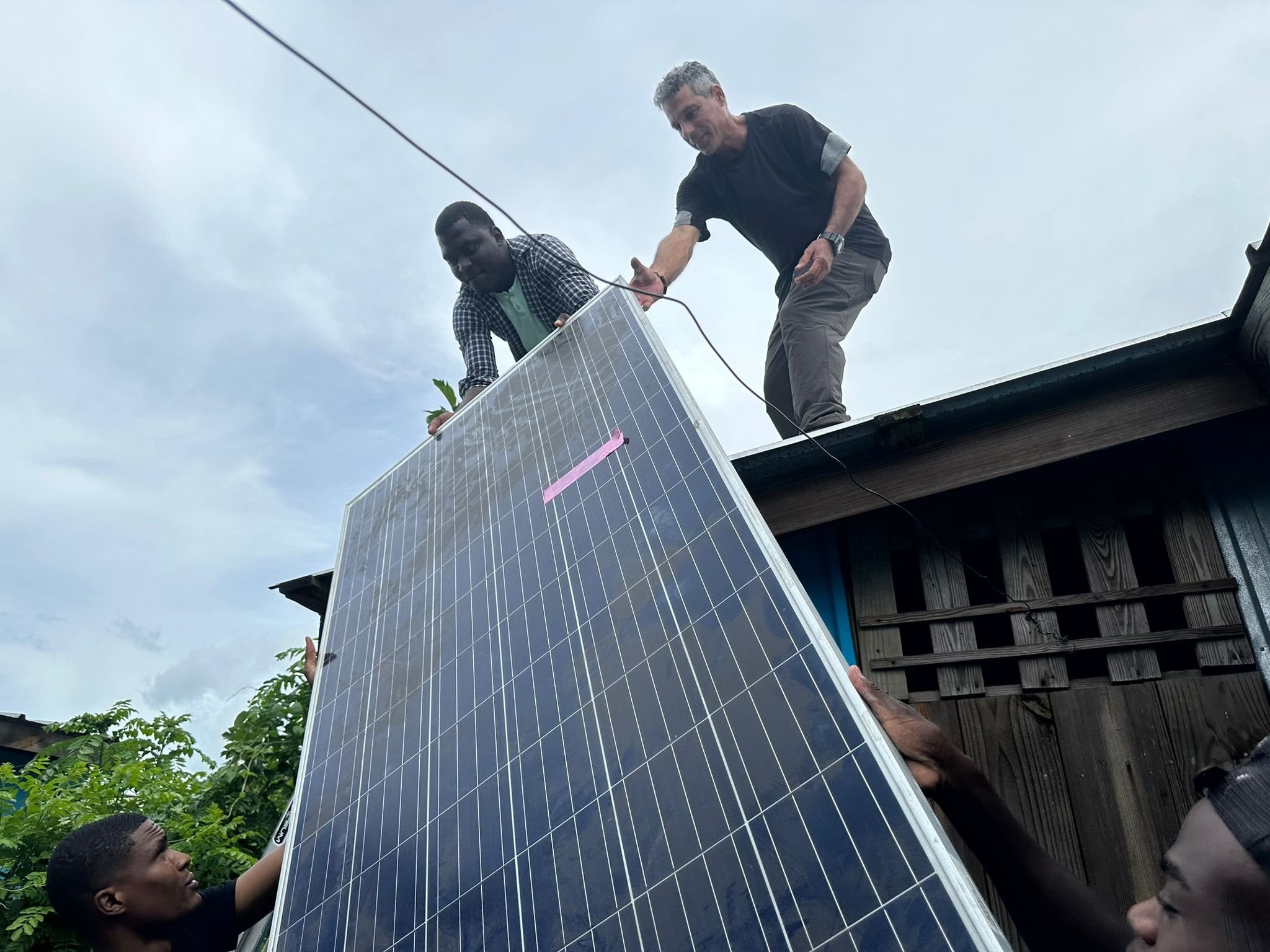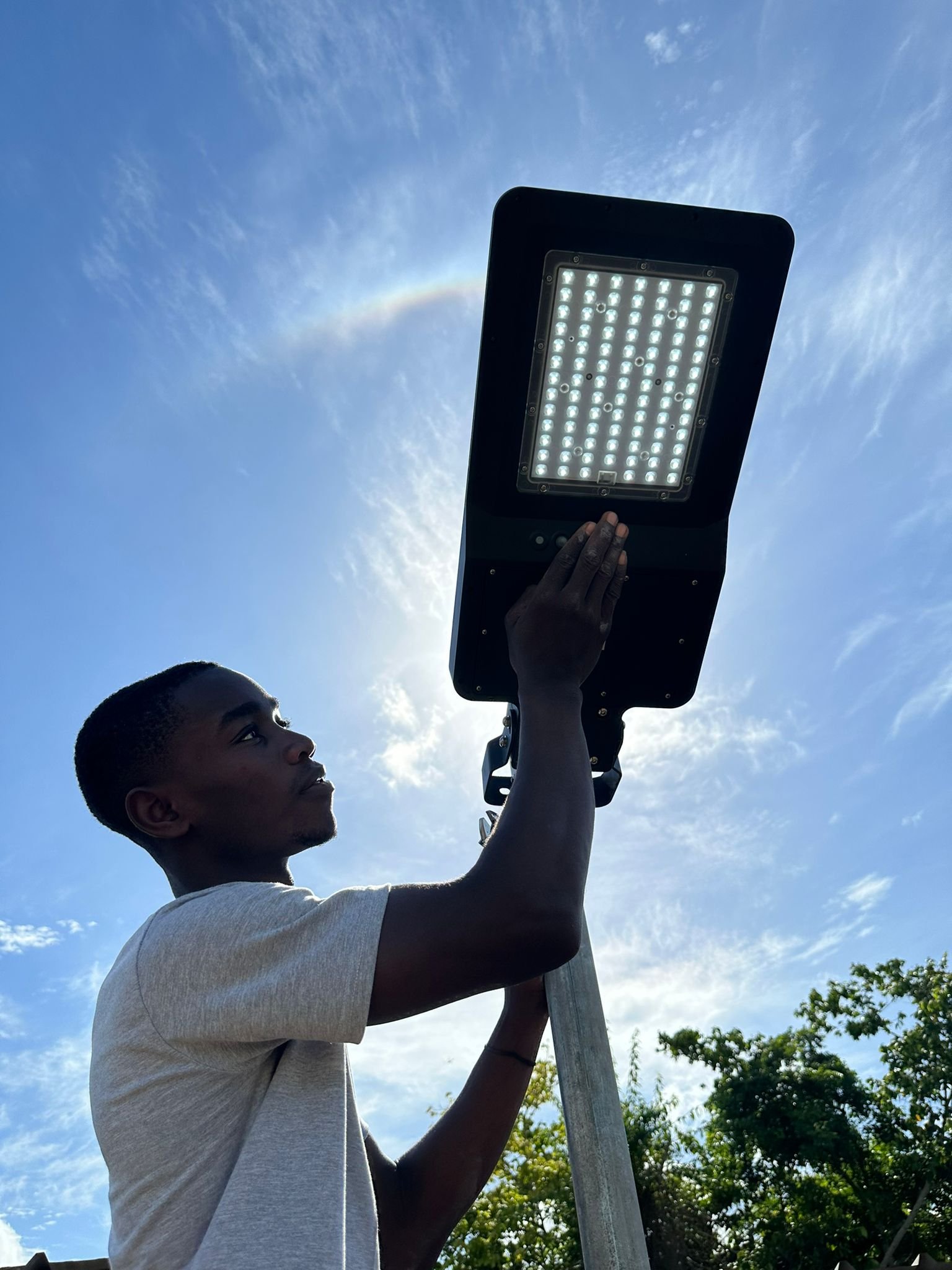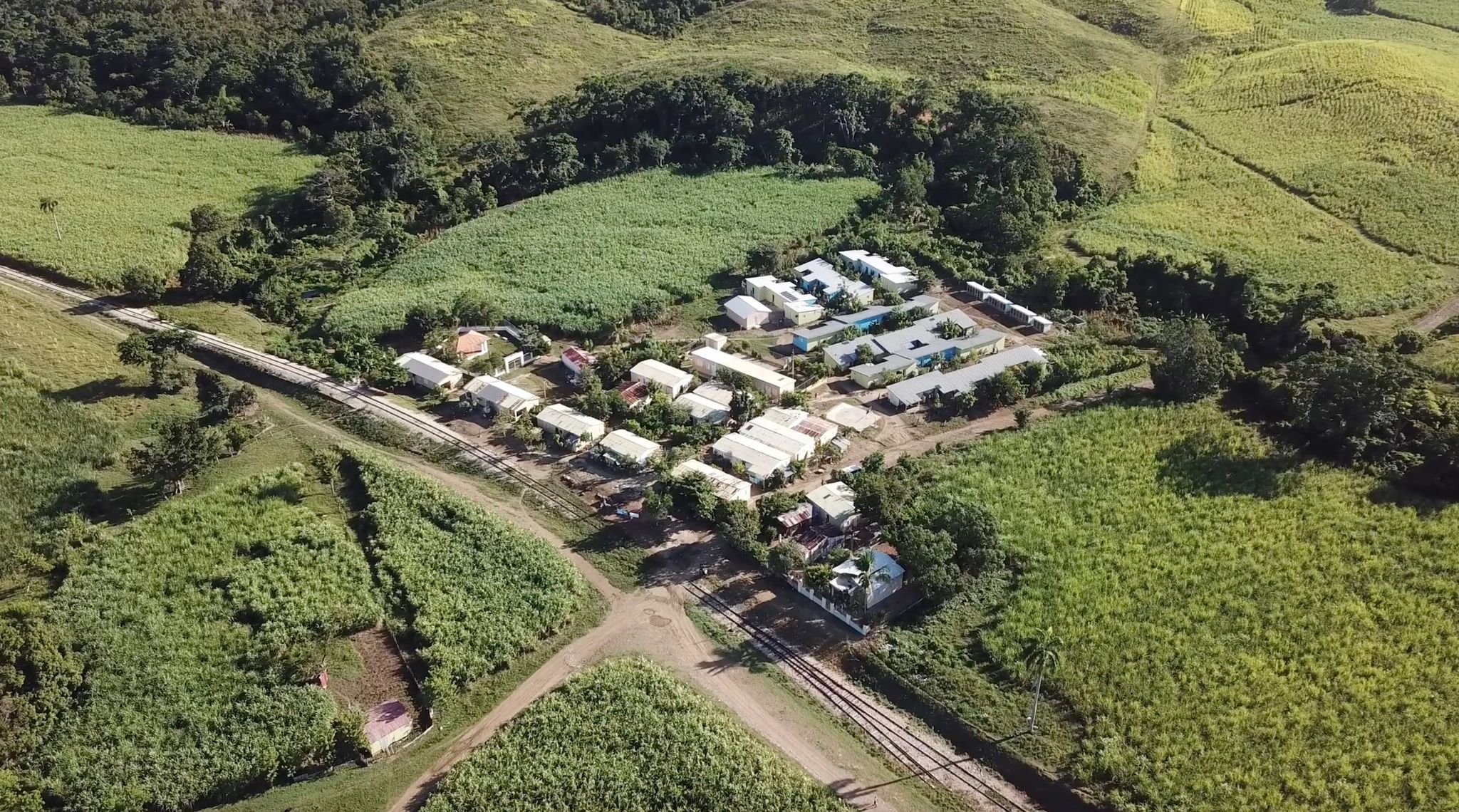Impact Spotlight
Battery-backed renewable energy access for 500 people across two communities
Establishing a“Community oasis” with food, medical storage, phone charging stations, and entertainment in two communities
Expanding technical training and tele-education opportunities for local residents
About
In the Dominican Republic, denationalization, a process that strips citizenship and nationality from those who were born in the Dominican Republic but whose parents are undocumented immigrants of Haitian descent, has left many Haitian-Dominicans without access to basic rights, and vulnerable to exploitation and abuse. Many Haitian migrants work 12 to 14 hours for less than $2 a day, while living in communities known as ”bateyes”, some of which do not have running water, electricity, or access to medical care.
“We decided to take action in solidarity with the bateyes, to show that that reality can be transformed right away, immediately. It’s very easy. And the right of energy has to be for everyone, especially in the Caribbean, where climate adaptation is extremely important.”
HF Partnership
To address some of these injustices and increase access to basic services, long-time Honnold Foundation Partner Casa Pueblo, and their fiscal sponsor, HASER, partnered with Reconoci.do, a Dominican Republic-based organization with a long history of community collaboration, to design and install two battery-backed solar systems to serve 500 people living in two communities.
The systems provide an “energy oasis”, including access to electricity, refrigeration, lights, and recreational space. HASER and Casa Pueblo are using the project to raise awareness about the challenges faced by Haitian-Dominicans and contribute to the ongoing efforts to promote their human rights and dignity. Learn more in this piece from “Democracy Now!”.
Resources
In the News







